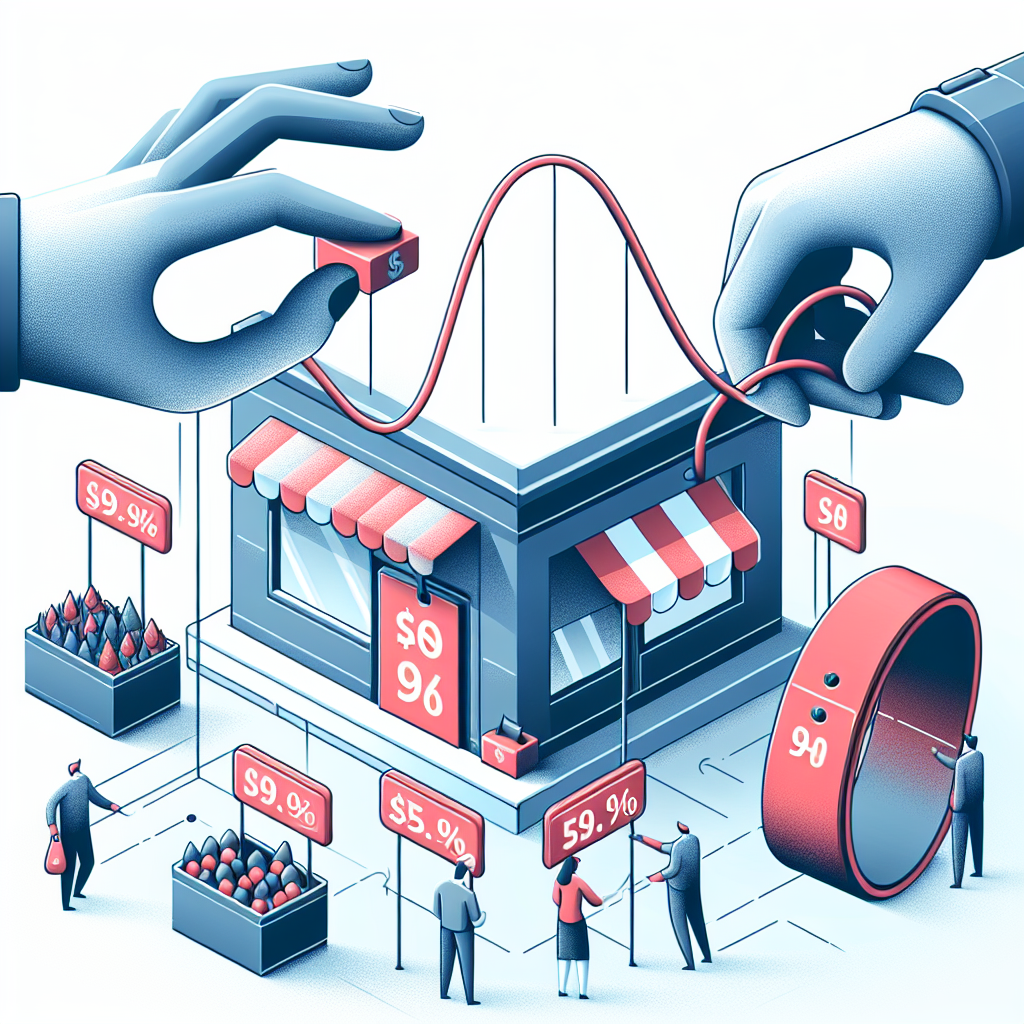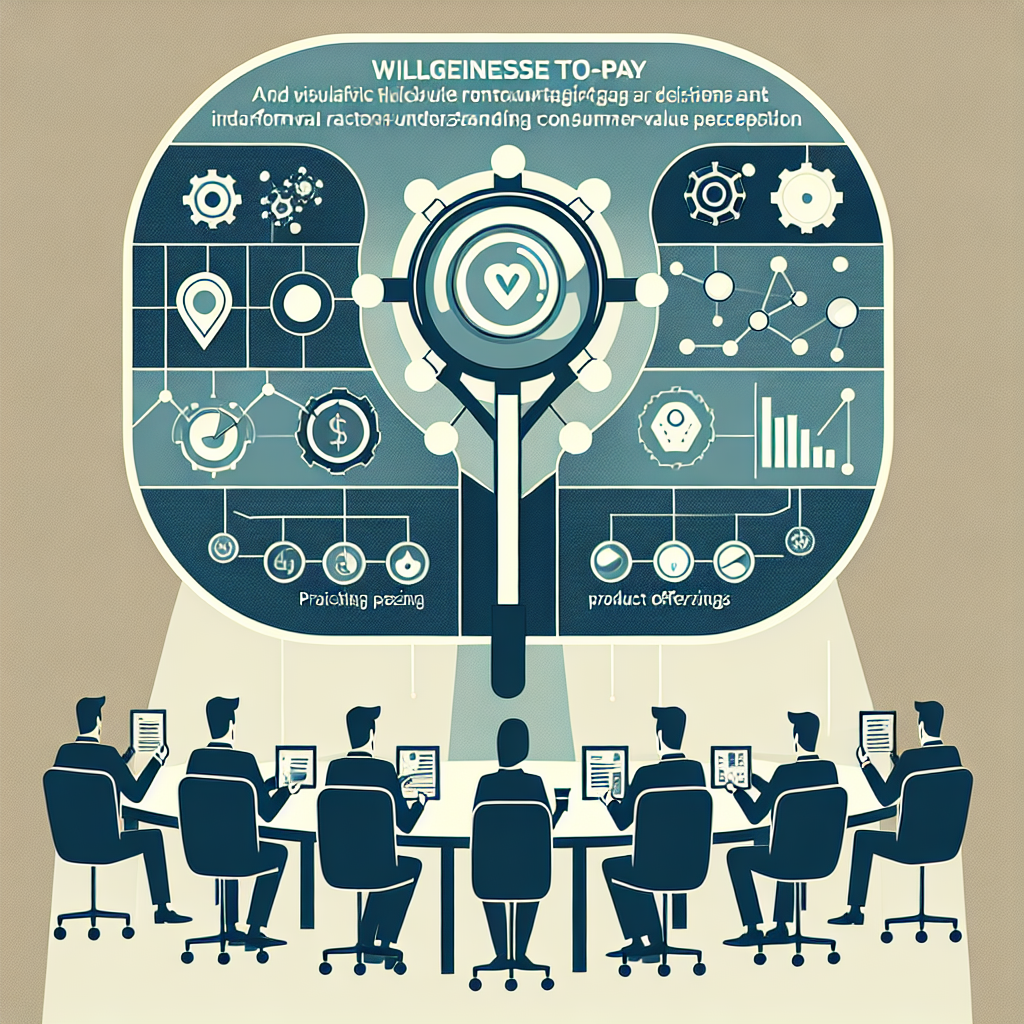The Role of Trust in Digital Marketing and E-Commerce
Trust is a foundational element in digital marketing and e-commerce, playing a crucial role in shaping consumer behavior and driving business success. As technology advances and consumer behavior shifts, the importance of trust has evolved significantly, becoming a key differentiator for businesses seeking to establish strong customer relationships and foster long-term loyalty. This article delves into the principles of trust in digital marketing, its evolution in the digital era, and how AI, e-commerce, and changing consumer behaviors have redefined this marketing discipline.
Introduction
In today's fast-paced digital landscape, consumers face numerous choices and often rely on trust to guide their purchasing decisions. Trust in digital marketing and e-commerce involves creating a sense of reliability, transparency, and security, which are essential for building customer confidence and loyalty. By leveraging advanced technologies like AI and data analytics, businesses can enhance trust through personalized experiences, secure transactions, and transparent communications. As technology continues to evolve, trust will remain a critical component of successful marketing strategies.
Foundational Concepts of Trust in Digital Marketing
Trust in digital marketing involves several key concepts:
Transparency and Authenticity:
Businesses must be open about their practices, ensuring that marketing messages are truthful and consistent with brand values.
Security and Data Protection:
Ensuring the security of customer data is crucial, as breaches can erode trust and damage brand reputation.
Consistency and Reliability:
Consistent delivery of quality products and services builds trust over time, fostering loyalty and repeat business.
Trends in Trust-Based Digital Marketing
Hyper-Personalization:
AI-driven personalization enhances trust by providing tailored experiences that demonstrate understanding of individual customer needs.
AI-Powered Transparency:
AI tools help ensure transparency by analyzing and reporting on marketing practices, ensuring compliance with regulations.
User-Generated Content (UGC):
UGC builds trust by showcasing real customer experiences and endorsements, providing authentic validation of products or services.
Evolution in the Digital Era
The digital era has transformed trust in marketing by providing new channels for engagement and interaction. E-commerce platforms, social media, and AI-driven technologies enable businesses to refine their trust-building strategies with greater precision.
Role of AI in Trust Building
Building trust through AI-driven personalized experiences is crucial for brands seeking to establish strong customer relationships and drive loyalty. Here are some strategies and insights on how brands can effectively leverage AI to build trust:
Transparency and Openness
- Explain AI Processes: Brands should be transparent about how AI is used in personalization, ensuring that customers understand the data collection and analysis processes. This openness helps build trust by reducing uncertainty and fear of data misuse.
- Example: Companies like Amazon provide clear explanations of how AI-driven recommendations work, enhancing customer trust in their personalized offerings.
2. Empathy and Human Touch
- Design with Empathy: AI systems should be developed with a deep understanding of consumer needs and a sense of empathy. This involves tailoring interactions to individual preferences while ensuring responses feel human-like and considerate.
- Example: AI-powered chatbots can be programmed to offer personalized support that feels empathetic, addressing customer concerns in a way that resonates with their emotional needs.
3. Co-Creation and Consumer Involvement
- Involve Consumers in AI Development: Involving consumers in the development of AI-powered products or services can build a sense of ownership and trust. Brands can invite users to participate in beta testing or provide input on features they’d like to see in future updates.
- Example: Companies like Google often involve users in beta testing new AI features, fostering a collaborative approach that enhances trust and loyalty.
4. Efficient Customer Service
- AI-Powered Support: AI can streamline customer service operations by providing prompt, accurate support through chatbots and other AI tools. This efficiency helps build trust by ensuring that customer queries are addressed quickly and effectively.
- Example: Brands like IBM use AI-powered chatbots to offer real-time customer support, reducing wait times and enhancing customer satisfaction.
5. Data Privacy and Consent
- Respect Customer Data: Brands must ensure that they respect customer data privacy and obtain explicit consent for data collection. This is crucial for maintaining trust, as consumers are increasingly cautious about how their data is used.
- Example: Companies like Apple emphasize data privacy, providing customers with control over their data and ensuring transparency in data usage practices.
Impact of E-commerce
E-commerce platforms have transformed trust by:
Precise Targeting:
Advanced data analytics allow for targeted marketing efforts that build trust through relevance and personalization.
Real-Time Feedback:
Immediate feedback from e-commerce platforms enables rapid optimization of trust-building strategies.
Cost-Effectiveness:
Businesses can allocate budgets more efficiently by focusing on high-trust channels.
Consumer Behavior Shifts
Changes in consumer behavior, such as increased demand for transparency and sustainability, require businesses to adapt their trust-building strategies to align with evolving customer values.
Case Studies and Real-World Examples
Amazon’s Customer Reviews:
Amazon leverages customer reviews to build trust by providing authentic feedback from real users, enhancing purchasing decisions.
Patagonia’s Transparency Initiatives:
Patagonia builds trust through transparent supply chain practices and environmental sustainability efforts, appealing to eco-conscious consumers.
Apple’s Secure Payment Systems:
Apple ensures trust through secure payment systems like Apple Pay, protecting customer financial information and enhancing transaction security.
Challenges and Considerations
Ethical Considerations:
The use of AI and data analytics raises ethical concerns regarding data privacy and potential biases. Businesses must ensure transparency and compliance with data regulations.
Consumer Behavior Shifts:
Changes in consumer behavior require businesses to adapt their trust-building strategies to align with evolving customer values and preferences.
Conclusion
Trust is a transformative force in digital marketing and e-commerce, influencing consumer behavior and driving business success. As technology continues to evolve, AI and e-commerce will play increasingly important roles in refining trust-building strategies. By leveraging these advancements, businesses can develop targeted marketing campaigns that resonate with their audience, drive engagement, and foster long-term loyalty. The future of trust in marketing will be characterized by increased focus on transparency, real-time responsiveness, and ethical data practices, ensuring that marketing efforts remain both effective and responsible.
Featured Blogs
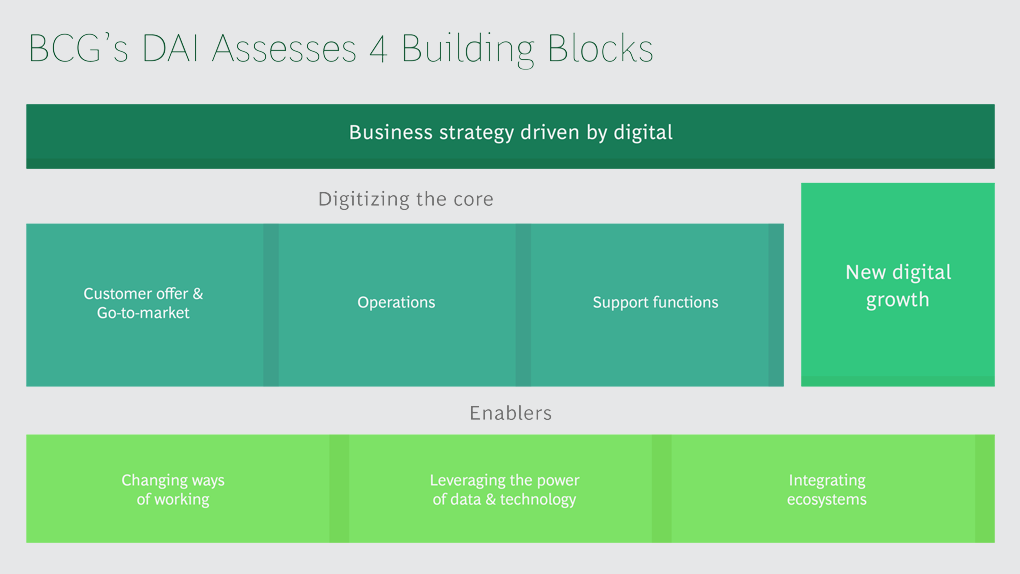
BCG Digital Acceleration Index
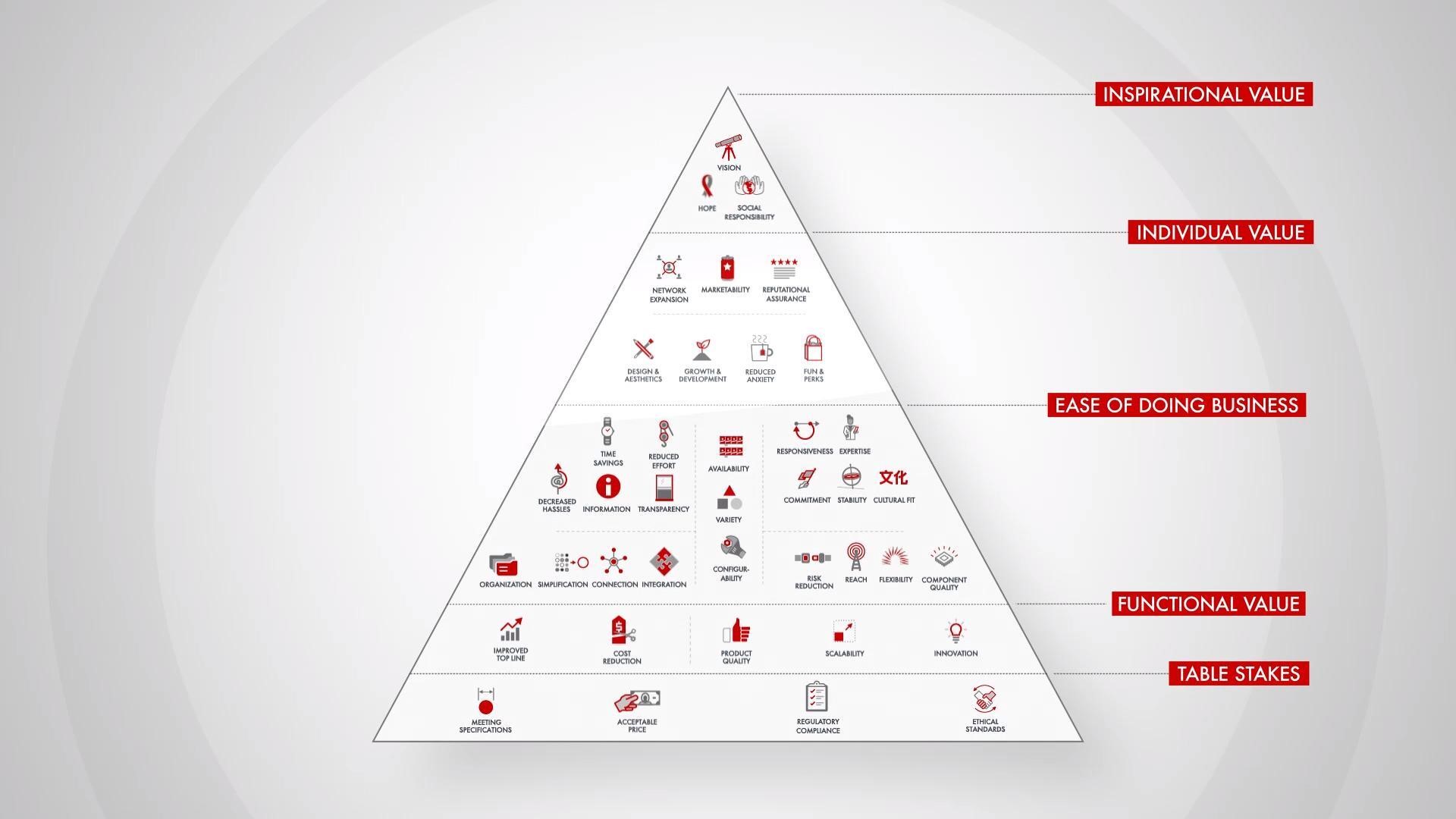
Bain’s Elements of Value Framework
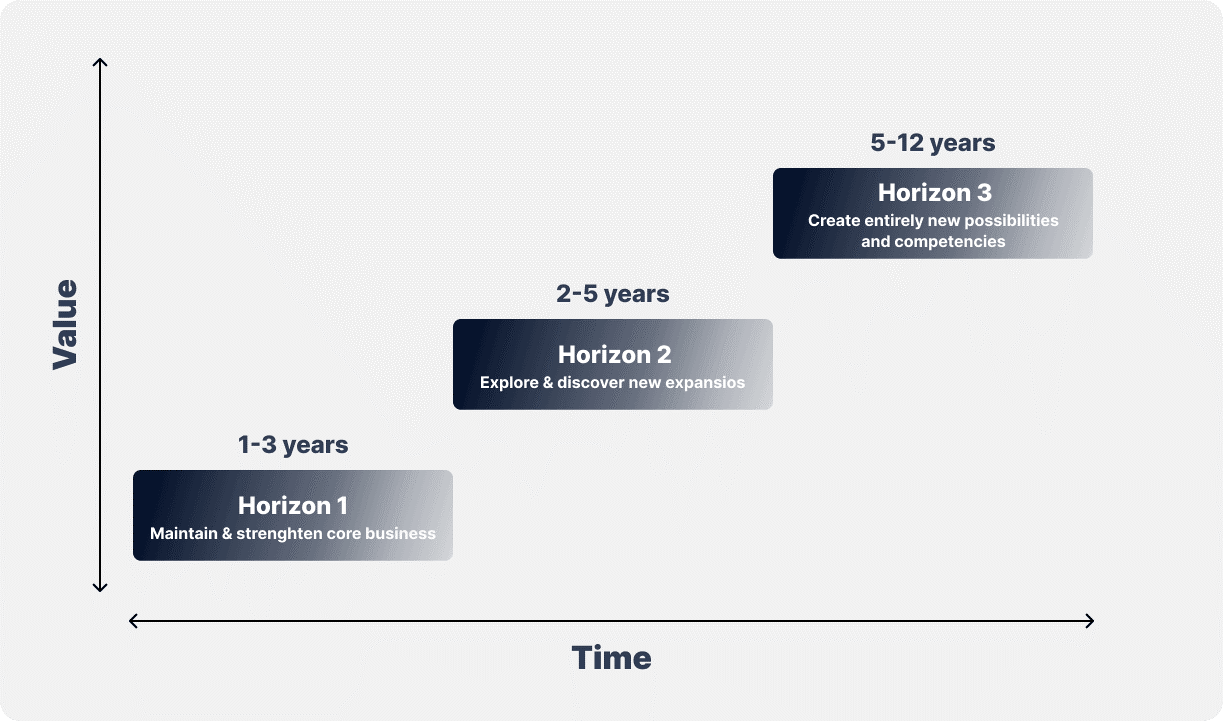
McKinsey Growth Pyramid
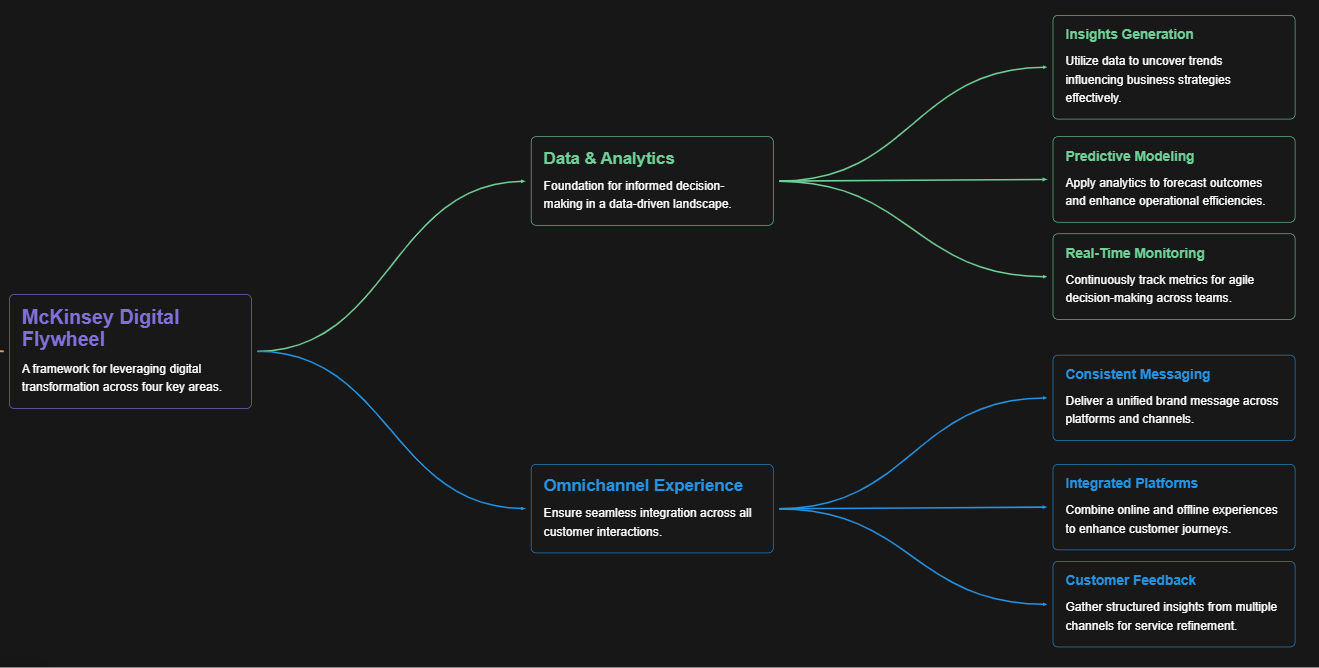
McKinsey Digital Flywheel
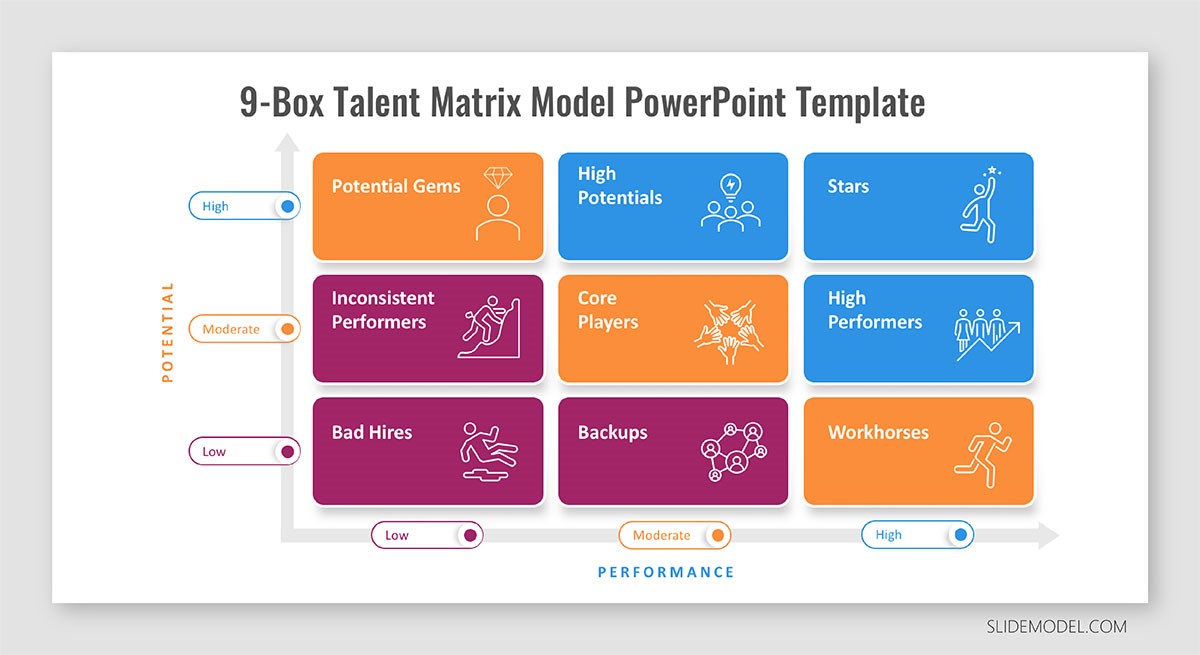
McKinsey 9-Box Talent Matrix

McKinsey 7S Framework
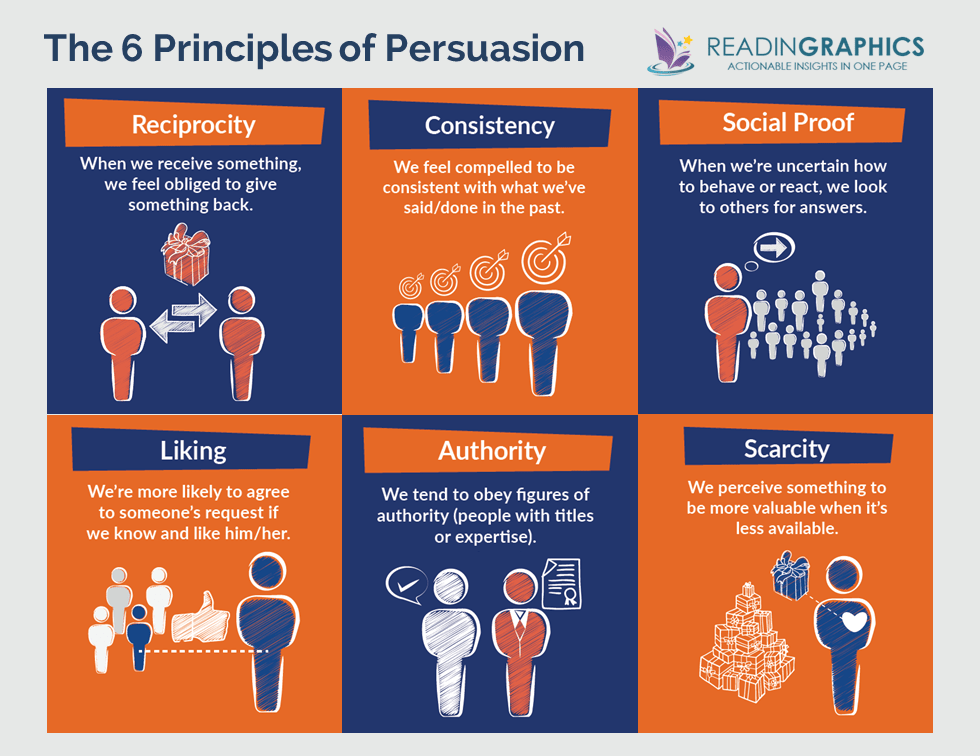
The Psychology of Persuasion in Marketing
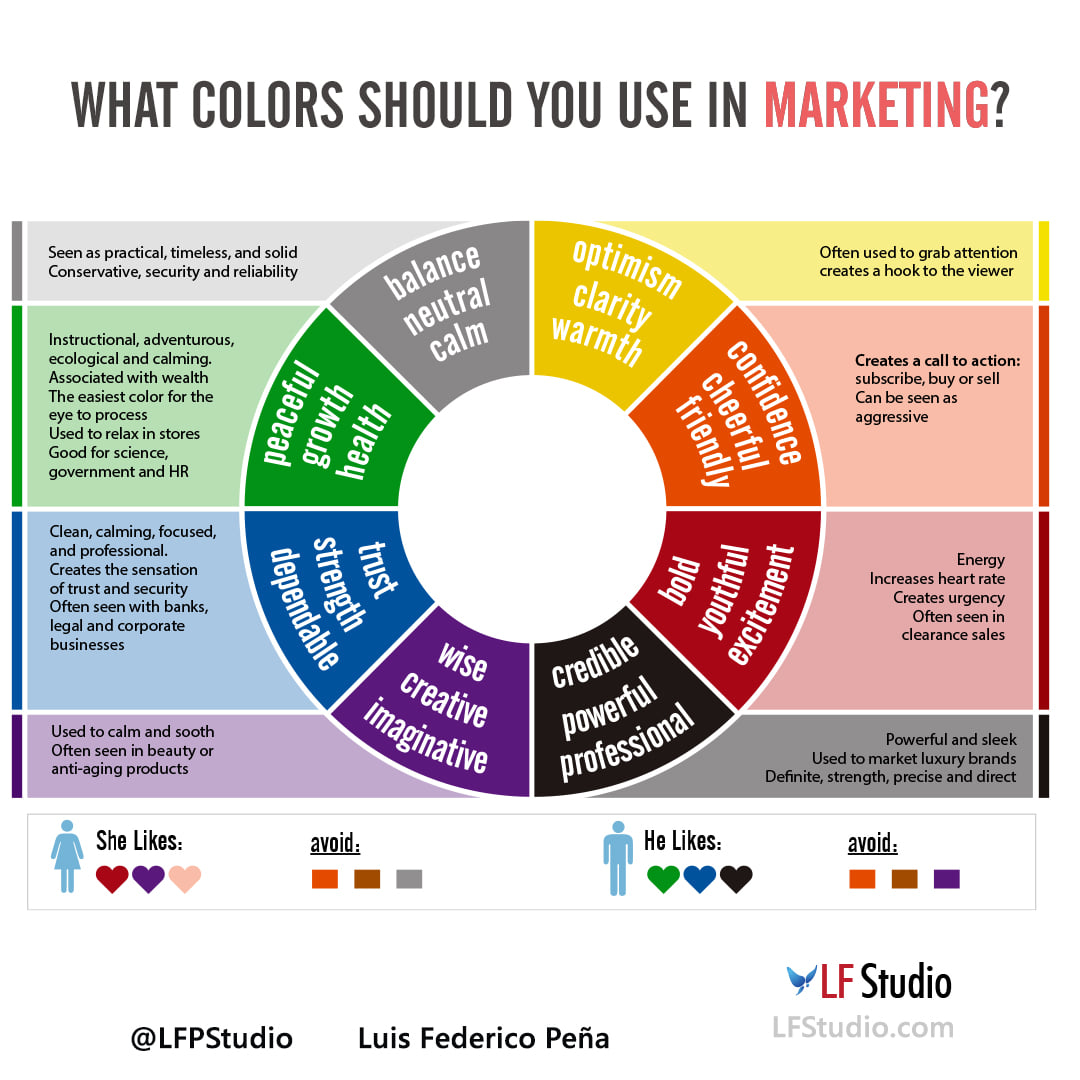
The Influence of Colors on Branding and Marketing Psychology



